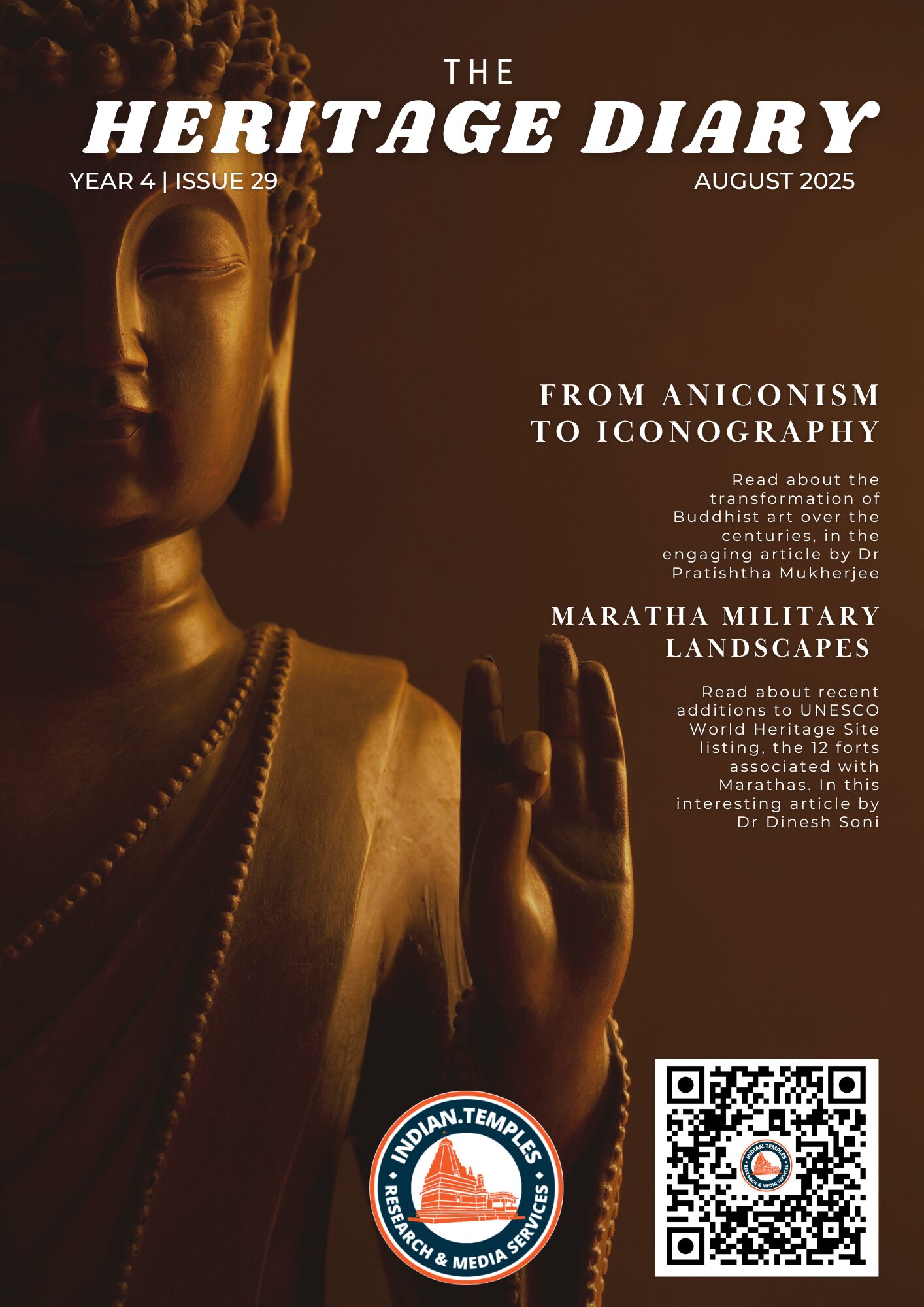Ramayana is not only about the war between Ram and Ravana. Mahabharata is not only about the war between Kauravas and Pandavas. The epics also tell us a story about many other wars that we live on daily basis. And these epics and Purans tell us how we should win these wars. One such war, that we experience on regular basis is the war between thoughts and things. The war between tangible and intangible. The war between physical and spiritual.
When all the diplomacy channels between Kauravas and Pandavas failed, and when it was evident that the war between Kauravas and Pandavas was inevitable; both Yudhishthir and Duryodhana started to meet various kings to ask for their army and support in the war. During this exercise of gaining support, both Duryodhana and Arjuna reached Krishna’s palace at the same time. Both of them requested Krishna for his support.

Krishna was in a state of indecisiveness. Pandava’s monther, Kunti, was Krishna’s aunt. So Pandavas urged him to support them. Duryodhana too invoked the relation card. Krishna’s son Samba was married to Duryodhana’s daughter Lakshmana. Providing reference of this relation, Duryodhana urged Krishna to support him in the war. In a state of confusion and indecisiveness, Krishna decided to leave the decision on Arjuna and Duryodhana. Krishna said “Because I am related to both of you, and I am friends with both, I can not take one side. So, I will give you two options. On one side will be my whole army, called as Narayani sena. The army consists of 10 lakh well trained soldiers. On the other hand, would be myself, the Narayana. You can choose what you want.”
At this point, Duryodhana chose to have the Narayani Sena and Arjuna chose Narayan. This situation tells us about the struggle between what and who. Narayani signifies the worldly things and goods, while Narayan signifies the thoughts behind them. What one considers as important, is an individual decision. Duryodhana gave more importance to the things, and Arjuna preferred thoughts and ideas.

Padma Puran’s Uttar Kand tells an interesting story. Once Narada visited Krishna’s palace and asked Krishna’s consort Satyabhama to send Krishna with him. When they didn’t agree to send him, Narada asked them to give him something that would be equivalent to Krishna. Satyabhama decides to give him gold equivalent to the weight of Krishna. She asks Krishna to sit on one side of the weighing scale, and she starts putting gold ornaments in the other side. This process is called as Tulabharam or Tuladanam. However, even after putting all her gold in the scale, the weighing scale did not balance. At this point, paranoid Satyabhama reaches out to Rukmini for help. Rukmini patiently picks up one Tulsi leaf and closes her eyes. In her mind, she says “This Tulsi leaf contains all my love for Krishna”. Rukmini then places the leaf in the weighing scale. And immediately, the scale gets balanced. In fact, the side in which the leaf is placed, actually weighs more than the side Krishna is sitting in.
This story tells us an important aspect about how we perceive things. While Narada only asked for something that will be equivalent to Krishna, Satyabhama thought about the Gold or the tangible things. Rukmini, on the other hand, thought of the intangible feeling of love. She equates Krishna with love because that’s what Krishna means to her. We make the same mistake very often in our corporate or social lives. We associate tangible assets with the person and only focus on these tangible things. However, we at times ignore the intangible values and thoughts the person brings to the table. This is especially true in the case of relationships where a person is often judged only by the money he/she has.

Does this mean we should never think of things and always focus on thoughts? Ramayana tells us an important story in the aspect. When Hanuman reached Lanka in search of Sita, he was captured by Ravana’s guards and brought in front of Ravana. Hanuman knows that Ravana is a learned scholar. So, Hanuman starts to speak to him in Sanskrit. Anguished by this, Ravana insults him by laughing at him. Hanuman realises that Ravana has a lot of arrogance and pride. Realising that Ravana gives more importance to things than thoughts, Hanuman also plays the same way. He demands for a seat because he is there as a messenger and not a prisoner. When Ravana again insults by not offering him a seat, Hanuman coils his tail to make himself a seat, higher than that of Ravana. And on that throne made of tail, Hanuman sits and talks to Ravana.
Here, Hanuman earlier does not pay heed to the things like a throne. But when he realised that Ravana is concerned about the worldly things, Hanuman speaks the same language as the person in front of him. This is a sutra we got to remember in corporate or social life. We often have to speak the language of the person in front of us.
When we talk of stories in our epics and purans, they aren’t just a piece of history like many “enlightened” individuals these days claim. They are stories of many Sanatan conflicts. The conflicts that have always existed, and will always exist. As long as the world is, the conflicts will remain. And the conflict between things and thoughts will always remain. There will always be a Dronacharya who will reject to train a talented Eklavya because he has nothing to offer. And there will always be a Krishna who will accept a handful of Poha offered by Sudama, with great respect for the love Sudama showcases. There will always be a Buddha who will leave behind all the things in pursuit of a thought and idea. And there will always be a Ravana who will ignore all the thoughts in pursuit of world pleasures of dominance and revenge.







Beautifully explained, sir🙏